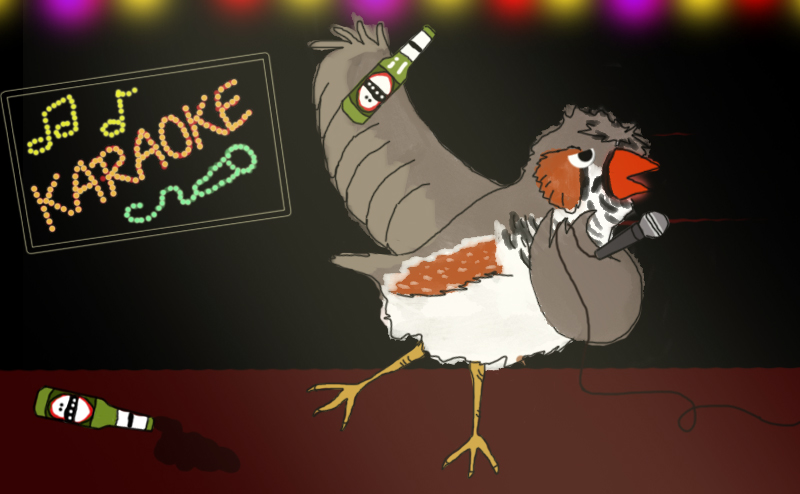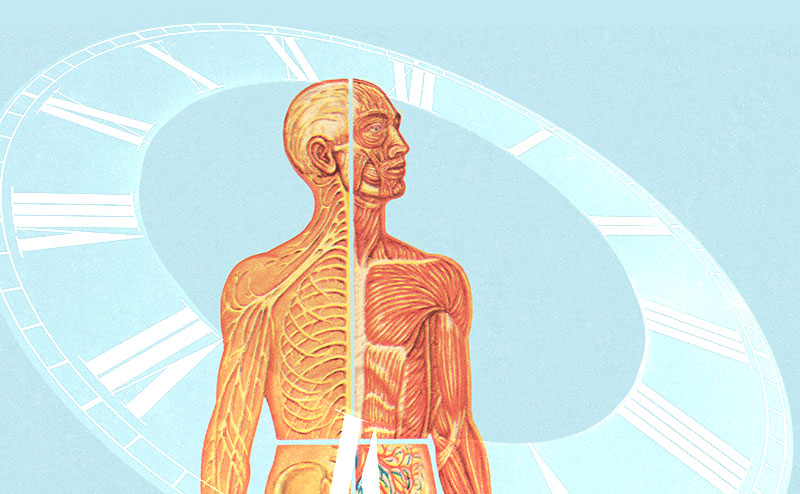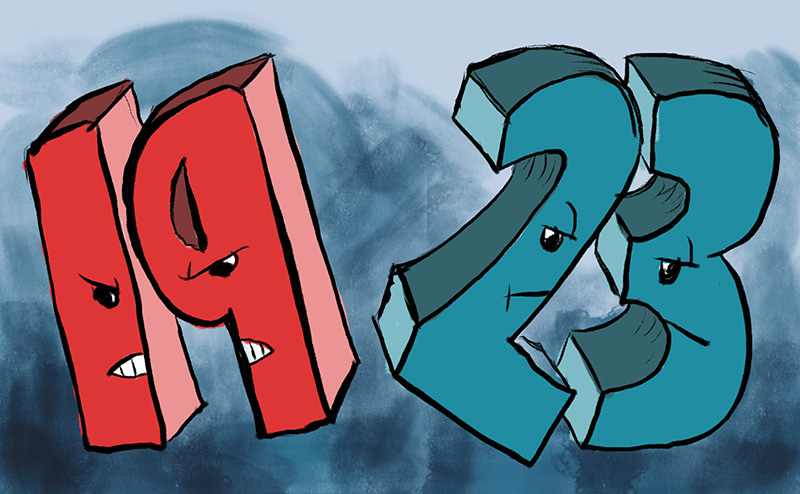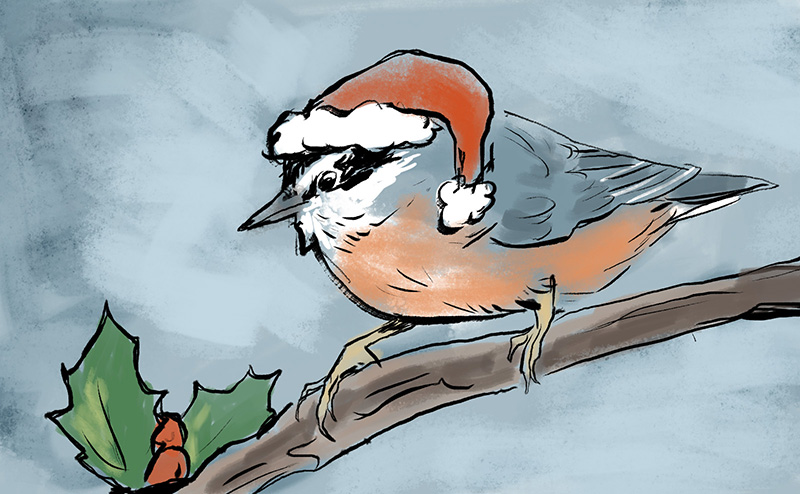Articles

Seven days; lots of science in the news. Here’s our roundup of this week’s most notable and quotable items: The 2-year-old “patient zero” of the Ebola outbreak may have contracted the disease after playing near a hollow tree filled with bats. Radioactive byproducts from the 2011 nuclear disaster in Japan are expected to reach their peak off the west coast of North America by the end of 2015—though researchers expect the radioactivity will still fall within acceptable safety limits. Drunk finches slur their songs. Estrogen worsens allergic reactions. Venus may have once had oceans of fluid carbon dioxide. Comet C/2014 Q2 (Lovejoy)—Comet Lovejoy to its friends—is passing by Earth and should be viewable with the naked eye in coming weeks. Monarch butterflies may soon be placed on the endangered species list. Maybe the obesity epidemic is hitting us because we all spend too much time luxuriating in artificial warmth. Fast food has gotten a little better for you in the past 18 years, except where it’s gotten a lot worse. Minerals found in an underwater cave in Belize known as the Blue Hole show that an extreme drought coincided with the collapse of the Mayan civilization. Influenza has killed 15 …
Read MoreYou probably have a lot to look forward to in 2015: Getting to work on some of those resolutions hopefully won’t fall by the wayside in early March), reevaluating the direction of your life, and in general becoming a better and more fulfilled you. But no matter how productive or transformative the next year is for your career or art or love life, your body will be chugging merrily along for those 365 days doing what it does best: growing, processing, and generally keeping you alive.
Read MoreFrom black hole debates to comet landings to bird genetics, here is our mostly chronological outline of the top scientific discoveries, disputes and disgraces of 2014: January: Hawking’s Black Hole Bombshell Science hit the ground running at the beginning of 2014, when Stephen Hawking declared in a paper that “there are no black holes”—or, rather, that our current conception of black holes as things with event horizon boundaries is incompatible with quantum mechanics. What Hawking was saying in 2014 was an attempt at slicing a tricky Gordian knot that he himself had tied 40 years previously, when he formulated the theory of Hawking radiation. Hawking radiation—the light predicted to be radiated by black holes—solved the problem of black holes seeming to violate the laws of thermodynamics (without radiating light, a black hole’s temperature would be absolute zero, which can’t happen). But it sparked a new frustration with black holes called the “firewall paradox”; analyses of black holes that took into account quantum mechanics said that a black hole’s event horizon, instead of being an invisible boundary, would be an incredibly energetic region or “firewall.” But this model, in turn, didn’t jibe with Einstein’s theory of general relativity. To solve the …
Read More
You think YOU had some important milestones, successes and failures this year? 2014 was a year of change for your home planet, too. Take a look at just a few of the many ways Earth has changed over the course of just one spin around the Sun.
Read MoreSeven days; lots of science in the news. Here’s our roundup of this week’s most notable and quotable items: Mathematicians made a major breakthrough in understanding prime numbers. The sedentary modern lifestyle engendered 12,000 years ago by newfangled agricultural technology made our skeletons weaker. A NASA space telescope snapped the most detailed X-ray portrait of the sun ever. Seals may have natural GPS -style capabilities. Global warming will significantly slash wheat production. Scientists pinpointed the mutation that allows bubonic plague bacteria to persist in fleas—a relatively recent adaptation that enabled it to wreak havoc on rats and humans worldwide. Boredom is bad for our health, but being bored can be a spur for curiosity and innovation. A chemical cocktail that mimics pheromones may be the key to a better bedbug trap. Citing scientific evidence, the FDA recommended easing the ban on blood donations from gay and bisexual men. Global warming appears to be kickstarting a massive coral bleaching event. The rainbow springs of Yellowstone National Park were once bright blue—that is, until human tourists started throwing in pennies and trash with bacteria on them. Survival rates for high-risk heart patients at a teaching hospital jumped when cardiologists were out of …
Read MoreTo the uninitiated, birding might seem like a bunch of nerds standing around with lists and binoculars. Okay, it is that, but it’s also about attuning all of your senses to nature. It’s about learning to identify a white-breasted nuthatch not by straining to see the flash of its markings, but by spotting the telltale head-first movement as it sidles down a branch in search of insects. It’s about intently studying the trunk of a pine tree to see if there are streaks of fresh owl poop, indicating a current visitor, or just old streaks left from last year. And every December, birders become part of the biggest flock of citizen scientists to grace the Earth, uncovering warnings of impending threats from invasive species, pollution, and climate change—and also some signs of hope.
Read More













